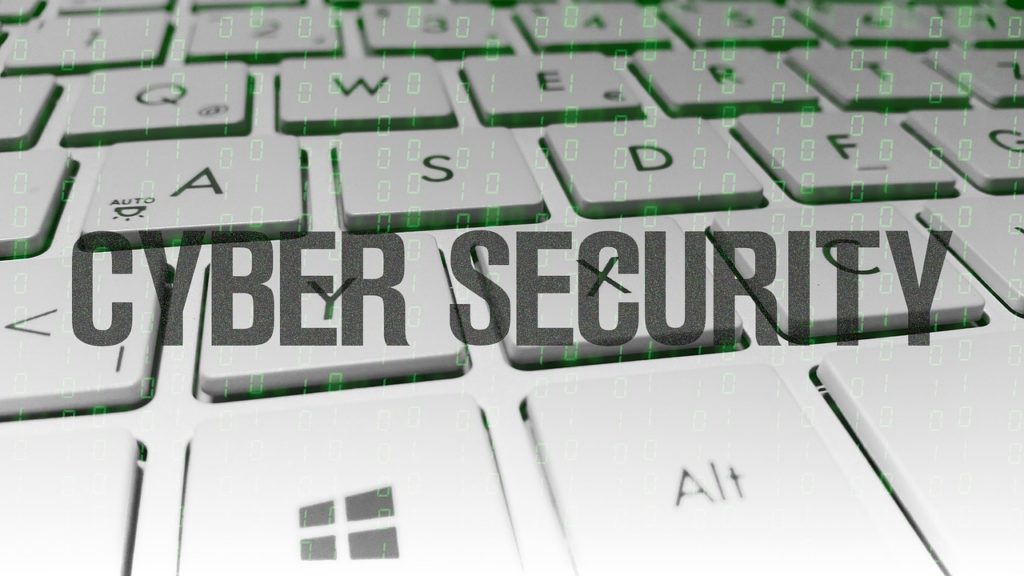Cybersecurity is a buzzword you hear on the evening news and think about when setting up your website. Now more than ever, your brand needs to consider the security of the data you collect and how to protect both your digital property and the personal information of your users from hackers at all times. Hackers don’t rest, so you can’t be lax on security either.
The news media reports attacks on big corporations, but 58 percent of malware attacks are on small businesses. Every company with any type of information online should secure that data and protect their assets. Some industries are more at risk than others, but any website or online repository has vulnerabilities.
There are reasons you should concern yourself with cybersecurity and specific steps to take to protect yourself from online criminals and create a secure environment for you and your customers.
1. Secure Your Online Store
If you’re a retailer, you may be more at risk than other industries. In the last few years, 95 percent of cyberattacks targeted three primary sectors: government, retail and technology. Health care is also a big target for hackers, because they gain access to coveted personal information such as Social Security numbers and date of birth.
While other industries aren’t safe from attack, if you’re in e-commerce, it’s almost a given hackers will attempt to access your information. Not only must you secure your online store with secure socket layers (SSL), but you should also only collect the information you need.
2. Protect Consumer Data
You may be legally liable if you fail to protect your customers’ personal data. Privacy and security issues fall under both state and federal law. With the addition of the GDPR in 2018, you may also be subject to European Union fines if you serve customers in an EU country and fail to protect their data.
Protecting data involves having a clearly stated privacy policy and ensuring stored data is secure. You also shouldn’t keep data when you no longer have a use for it.
3. Re-Evaluate Often
Security isn’t something you fix once and then forget. Cybercriminals find new holes into the backend of websites and come up with alternative methods of gaining access to your site. A secure website is one where the owners look at security measures and find weaknesses before someone outside of the company discovers them.
Avoid becoming an easy target and re-evaluate security measures at least once a year.
4. Save Money
The cost of a website breach adds up. Cyberattacks cost small businesses about $2.2 million each year. The price of securing your website is typically lower than trying to recover a hacked site and regain the trust of customers.
Keep in mind that law may require you inform your customers if you’re the victim of a data breach. Consumers may not trust you as quickly in the future, fearing their private information will be put at risk again.
5. Prevent Loss of Revenue
Your website going down, even for a short period, costs your company money. Even if you don’t sell directly online, a potential lead visiting your site for information may think you’ve gone out of business and move on to a competitor. For companies generating profit online, the cost of your site going down due to hackers equals the number of sales per hour for that site. If the site is down during your peak selling time, the impact may be more significant.
6. Train Employees
One way data breaches occur is employees giving out passwords or other sensitive information, yet this isn’t an aspect small businesses consider. Spend time training employees on what not to do, such as clicking directly on links sent in an email or sharing passwords. You should also require employees to change passwords frequently and make them difficult to guess.
7. Protect Your Brand from IoT Risk
The Internet of Things (IoT) means there are multiple connected devices for each person instead of just one access point. By 2020, experts predict there will be about 200 billion connected devices globally.
Each device presents its own security risks for the person’s and your company’s data. Protecting your brand while still keeping your digital content accessible requires the help of a professional cybersecurity expert. As technology advances, security risks change frequently.
8. Understand Data Security
Small businesses are at risk because they can’t afford to hire a professional cybersecurity expert to protect every aspect of their site. They must rely on their knowledge and any plugins or affordable software available. One key to protecting your digital data and your customers online is understanding the risks involved and studying solutions. Just because you own a smaller business doesn’t mean you can’t make your data as secure as possible.
Take a few online classes about security for business owners or study the backend of a website, so you gain a firmer grasp of how everything works together and the best ways of securing information.
Threat to Your Business
Cybercrime is one of the greatest threats to an online business. A hacker disrupts the flow of your online presence, reduces trust between you and your customers, and adds aggravation to an already grueling schedule.
Thinking through your plan for cybersecurity before a breach occurs allows you to protect yourself and also to rebound from an attack should one occur. Study how other businesses handled an attack and create a plan in case the worst-case scenario happens. With a little planning and talking to those skilled at creating secure sites and storage, you’ll avoid the meltdown of a hack.




Comments are closed.